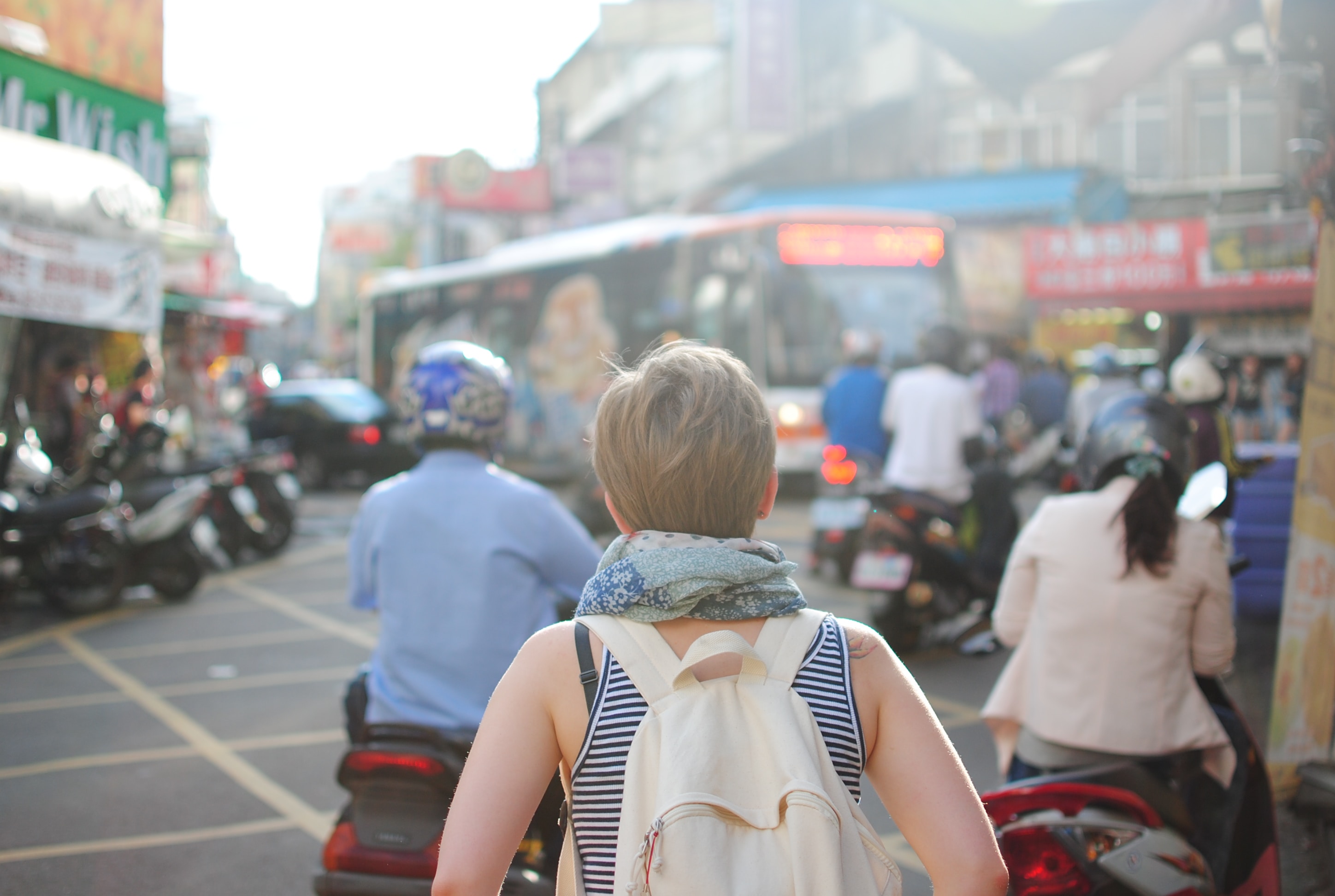Travel is an incredible gift. It can open our eyes to the unique cultures and beauty of the natural world. But with this gift comes a responsibility – to protect the world as we know it. As young people are increasingly becoming mindful of our impact on the planet, it’s important to consider sustainable alternatives in various areas of our lives, including travel.
As young change makers, we’ve inspired conscious companies such Contiki to create sustainable travel experiences. Like us, they believe in protecting people, wildlife, and the planet. Their Contiki Cares mandate brilliantly outlines a model for how we, as the future of the planet, should travel:
- PEOPLE: We respect local cultures and champion traditional heritage, working together with the local communities and artisans we visit.
- WILDLIFE: We support and educate on ethical animal experiences and protect the world’s most at risk wildlife from extinction.
- PLANET: In our offices and on the road, we think green with our policies, products, and practices, committed to keeping our planet safe.
In fact, we were so moved by Contiki’s commitment that we partnered with them to create a $1000 scholarship that will help you to have a positive impact on people, wildlife, and the planet. The applications are coming in fast, so make sure you get yours in ASAP! Now, whether or not you win the scholarship, there’s immediate changes you can make to the way you travel so that everyone wins. Check out these tips for sustainable travel, sourced from actual student submissions, in three key categories.
Transportation to the destination
- Limit air travel and fly direct whenever possible.
- Use more eco-conscious airlines.
- If the destination is close enough, take the bus or train instead of a plane.
Planning how you’ll get to your destination is the first step of any trip. And there are ways to do this mindfully. First, conduct some preliminary research on eco-conscious airlines that make an effort to reduce their carbon footprint. You can also limit your air travel by flying directly to your destination. Of course, this may not always be possible. BUT if it is, keep your eye out for deals on direct flights to avoid taking two plane trips. Finally, if your destination is only an hour or two away by flight, consider taking the bus or train instead. It may be a longer trip, but it’s good to know you’re doing your part to travel more sustainably (and save money!).
On the ground transportation
- Walk or ride a bike to explore your surroundings. When that’s not possible, use carpooling apps or public transportation.
When you’ve reached your destination, you want to really immerse yourself in all the sights and culture, right? Well, what better way to do this than on foot? Especially if you’re staying in a central location, walking or riding a bike is ideal to really see a new place and take in all it has to offer. Not to mention, you’ll get good exercise! Buses, trains, and services like UberPool are super helpful, particularly during poor weather, at night, or when venturing out on a farther day trip. Guided trips like Contiki are also great; since you’re traveling with a group, you’ll be using local transportation to get from point A to B AND you’ll likely always have other people around when you need to split a cab.
Consumption
- Bring reusable containers and water bottles.
- Avoid foods in lots of packaging or single-use plastic.
- Go grocery shopping and cook some of your meals instead of doing take out.
- Shop locally whenever possible. Farmer’s markets, mom and pop shops, etc.
- Try to purchase souvenirs at small local businesses or even hand made.
There are a lot of ways to choose more sustainable options in the consumption category. First, use reusable containers. You can purchase travel-sized bottles and fill them with shampoo and body wash before leaving home, and then save and reuse them on future trips. It’s also a verrry good idea to bring a reusable water bottle for your excursions. While some locations have suitable drinking water (when I went to Naples, the streets were lined with water fountains), you may need to buy a water purifier to ensure clean water before drinking.
Eating, to me, is the most important part of traveling (you know, aside from the sight-seeing and knowledge gathering, and meeting people from other walks of life). Shopping locally and even checking out some farmer’s markets are a really cool way to learn about the way food is prepared and taste some delicious delicacies. You may also want to try your hand at cooking some meals here and there to offset the waste used to package take-out meals.
Food aside, local shops and artisan markets also have amazing trinkets and potential souvenirs that support family businesses and contribute to the economy. A true win-win.
Extra tips
Invest in experiences more than tangible items.
Find things to do, more so than things to buy. Invest your money in experiences. Depending on your interests, this can include activities like limited-time exhibits, festivals, walking tours, boat trips, concerts, and traditional cultural evenings. These experiences will enhance your trip, provide you with unique memories, and reduce the number of items consumed/needed to bring back to your home country.
Leave the place you’re visiting better off than you found it.
If possible, spend a day participating in a local beach clean up or another community initiative that will allow you to contribute to the betterment of the city. For example, Contiki Cares is devoted to making travel matter by protecting communities, wildlife, and the planet. Sustainable and impactful travel is super important to the company, which is why there are a number of opportunities to volunteer, contribute to local economies, and much more.
Dispose of waste responsibly.
Be mindful of where you’re placing your garbage, recycling, and compost. Look for marked bins, as well as any waste rules outlined by an Airbnb host, for example. Before you set off on your trip, be sure to read and understand when, where, and how waste is disposed of in your travel destination.
There you have it—the top sustainable travel tips from real students who want to make memories while making a difference. Like you, they want to positively impact the people and communities they visit, to protect wildlife and marine life, and to care for the planet we call home.
How do you travel sustainably? How will YOU make travel matter?

Save $150* on your next trip with Contiki by using code STUDENT
*Opinions expressed are those of the author, and not necessarily those of Student Life Network or their partners.

 Sponsored
Sponsored


